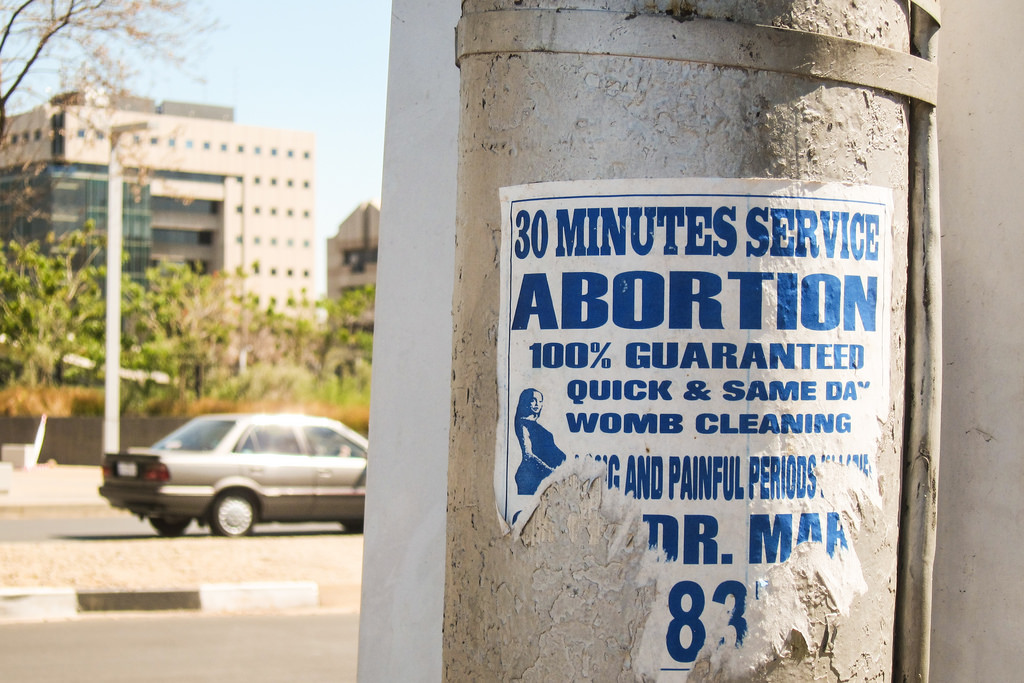Pascalinah Kabi
THE Health Ministry’s Principal Secretary, Monaphathi Maraka, is mulling legal action against local newspapers for running abortion advertisements.
Abortion is illegal in Lesotho and Mr Maraka said the media was therefore violating the law by running advertisements of illegal services.
Mr Maraka said this on Tuesday at the launch of the World Population Report titled “Worlds Apart: Reproductive Health and Rights in an Age of Inequality” in Maseru.
The report revealed that that the gaps in wealth have increased in the world with billions of the people denied their rights and without prospects for a better life.
In Lesotho, women were still experiencing serious problems in accessing health care; with four percent of women aged 15-49 still seeking permission from men to access health services.
Nine percent of women in the same age bracket said they did not want to go alone to health facilities, 26 percent walking long distances to health facilities, 27 percent getting money for treatment while 42 percent had “at least one problem accessing health care.”
“My view is that we need the law to provide for the termination of pregnancy and abortion in special cases,” Mr Maraka said.
He gave the example of mentally retarded women who fell pregnant as a result of a rape and other “justifiable circumstances” as some of the categories that could be allowed to perform abortions in special cases.
“Across the border in South Africa abortion is provided for and those who would want to have abortions cross the border like they are going for shopping in Ladybrand or Ficksburg.”
He said Lesotho should let South African market its abortion services on its own.
“The only worry is that I have seen in that newspapers registered in this country carry advertisements on abortions yet there is no law providing for abortion.
“One day I will sue those newspapers because they are committing a crime by advertising a service that is illegal in the country where they are registered,” Mr Maraka said.
He said legalising abortion would encourage under-population in the country.
“Abortion should not be seen as a way out of unwanted pregnancies,” he said, adding, Lesotho’s approach should focus more on education, information and communication to prevent pregnancies rather than waiting for people to get pregnant and then hope that they could abort.
While accepting the need for dialogue on abortion, he said that he was against legalising it, adding in any event, South Africa was already offering the service.
“Abortion is accessible to our young people and if they feel strongly about having abortions, then they can cross the river and ask for the service,” he said.
On the other hand, the ministry’s Sexual and Reproduction Health (SRH) Manager, Motsoanku ‘Mefane, said they were working hard to ensure SRH services were accessible to everyone.
She said they were specifically targeting girls in schools to ensure that they successfully completed their studies without facing the challenges of teenage pregnancy.
“We are also going to strengthen the post-abortion care in our facilities. Since South Africa is offering abortion services, Basotho might go there and return with complications, so we are going to offer post-abortion care. Even those that have been aborting within the country must access such services.
She however, warned that abortion came with the risk of being unable to have children in future.

